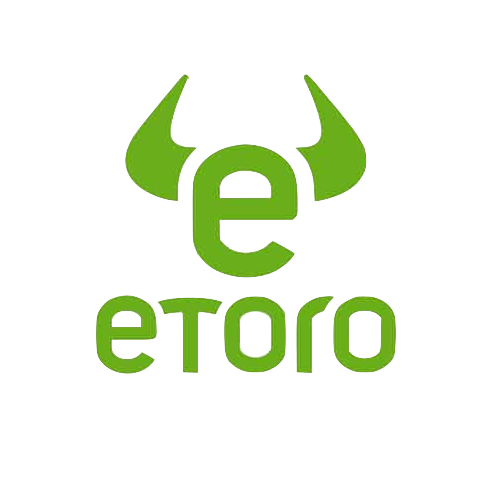Vanguard
eToro
Compare platforms
| Vanguard | eToro | |
|---|---|---|
| Account types | ||
| Stocks and shares ISA | ||
| General investment account (GIA) | ||
| CFD trading | ||
| Crypto trading | ||
| Fees | ||
| Account fee | 0.21% per year | Free |
| Foreign exchange fee | Free | 0.55% |
| Trading fee | Free | Free |
| Safety & regulations | ||
| FSCS protected | ||
| Others | ||
| Range of stocks | Index funds | 4,500+ |
| Interest on cash | 2.6% | 1.5%-5.3% |
| Demo account | ||
| iPhone / Android Apps | ||
| Desktop / Web Apps | ||
| Known for | Ready made index funds | Copy trades |
| Keep in mind | Capital at risk | Capital at risk |
| Go to site | Go to site | |
Updated: Jul 2024
Summary (Vanguard vs eToro)
Vanguard and eToro cater to different investment preferences. Vanguard is renowned for its low-cost index funds and ETFs, focusing on passive, long-term investing with a commitment to market stability. In contrast, eToro combines social trading with a diverse range of financial instruments, allowing users to copy the trades of experienced investors and fostering a community-oriented approach. Vanguard is suitable for those seeking a straightforward, low-cost, and long-term investment strategy, while eToro appeals to investors interested in a more interactive and collaborative trading experience. The choice between them depends on individual preferences, with Vanguard emphasizing simplicity and cost-efficiency, and eToro standing out for its social trading features and broader investment options.

